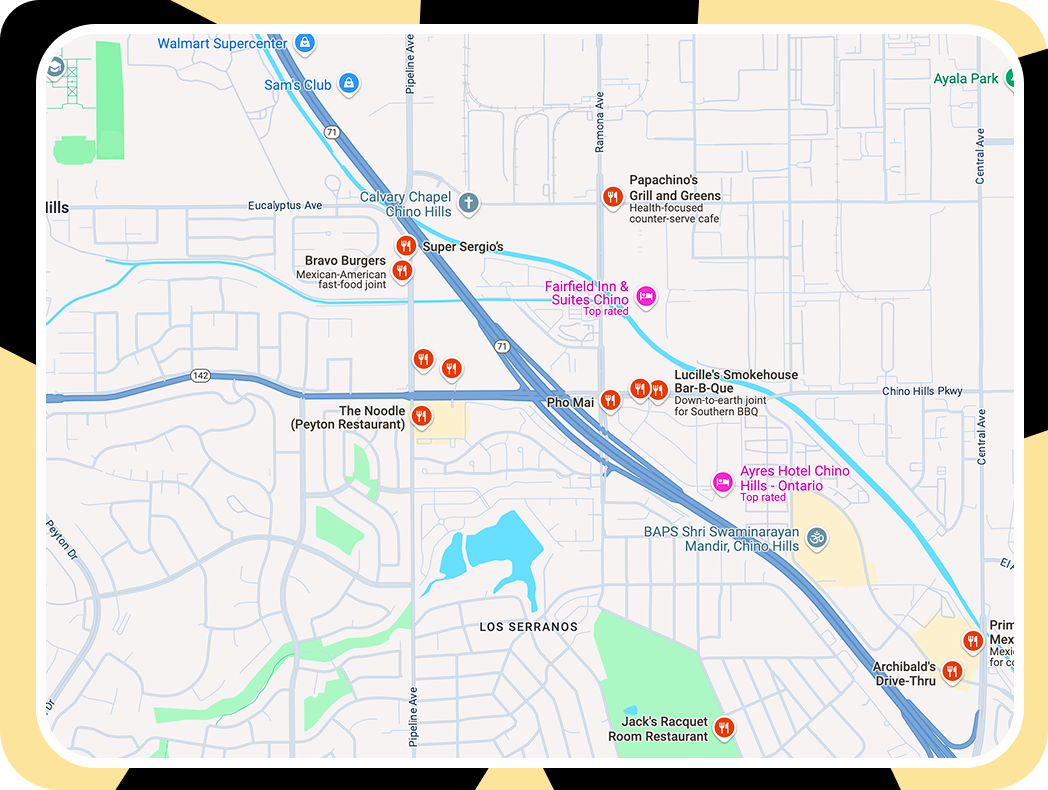Google Map Scraping: Revolutionizing Lead Generation with Over 20,000+ Leads Per Month
In the digital age, businesses constantly seek innovative strategies to generate leads and expand their customer base. One such groundbreaking tool that has recently garnered significant attention is Google Map scraping. This technology is not just a buzzword but a potent asset for businesses looking to thrive in a competitive market. This article delves into the intricacies of Google Map scraping, its potential to generate over 20,000 leads per month, and how it can be a game-changer for businesses, especially local enterprises.
Understanding Google Map Scraping
Google Map scraping is the process of collecting data from Google Maps, one of the most extensive and detailed sources of geographical information worldwide. This process involves extracting information like business names, addresses, contact details, and reviews, transforming it into a valuable database for various business purposes. Recently, there has been a surge in the use of Google Maps scraping tools, primarily due to their efficiency in gathering targeted local business information.
The Potential for Local Businesses
For local businesses, Google Map scraping is more than just a tool – it’s a lifeline to contemporary marketing and lead generation strategies. Many local businesses are still not fully leveraging the power of the Internet for marketing. Google Map scraping provides an opportunity to bridge this gap by offering comprehensive data about potential customers and competitors in the area. By understanding the local market better, businesses can tailor their services and marketing efforts more effectively.
How Google Map Scraping Works
The process of Google Map scraping starts with identifying the target businesses or services. For instance, if a user aims to target gyms in Miami, Florida, the scraping tool will collect data from Google Maps based on these specific keywords and location. This data can include emails, phone numbers, addresses, social media links, and even review counts. The significance lies in how this data can be utilized to create tailored marketing strategies and outreach campaigns.
Leveraging Data for Lead Generation
Once the data is scraped, the real magic begins. Businesses can use this information for various purposes:
- Selling Leads: By gathering detailed contact information, businesses can sell these leads to other companies. For example, a user could scrape contact details of local gyms and sell this list to a sports equipment supplier.
- Marketing Services: The data allows for targeted marketing campaigns. A business can reach out to other businesses that might benefit from their services, such as contacting restaurants with poor online reviews and offering marketing and reputation management services.
- Website Improvement Services: With contact details at hand, offering website design and optimization services becomes straightforward, especially to businesses that lack a strong online presence.
Practical Application and Tools
The video tutorial underlines the ease of using Google Map scraping tools. It guides users through the process of using specific keywords and locations to gather information. For example, by entering ‘Miami Florida gyms’ into the scraper, the tool fetches a list of relevant businesses along with their contact details. This simplicity and effectiveness make Google Map scraping an invaluable asset for businesses looking to target specific niches or geographic areas.
Additional Resources and Strategies
Besides the scraping tool itself, the tutorial emphasizes additional resources available for users. These include courses on lead generation and email marketing, software reviews, and strategies for warming up cold emails. It also suggests innovative approaches like targeting businesses with poor reviews for offering marketing services, thereby opening up new avenues for lead generation and business expansion.
Ethical Considerations and Best Practices
While Google Map scraping offers numerous benefits, it’s crucial to approach it ethically and responsibly. Users must ensure they comply with data protection laws and use the data in a manner that respects privacy and ethical business practices. It’s also essential to keep the scraped data secure and use it for legitimate business purposes only.
Conclusion
This is a powerful tool for businesses seeking to expand their reach and generate significant leads. Its ability to provide detailed local business information makes it particularly beneficial for small and medium-sized enterprises. By leveraging this technology, businesses can gain a competitive edge, understand their market better, and offer more tailored services. However, it’s vital to use these tools responsibly and ethically, ensuring compliance with legal standards and respect for privacy.
In summary, Google Map scraping is not just about collecting data – it’s about unlocking the potential of that data to drive business growth and success. Whether it’s by generating leads, improving marketing strategies, or offering specialized services, this tool is an indispensable asset for modern businesses.
